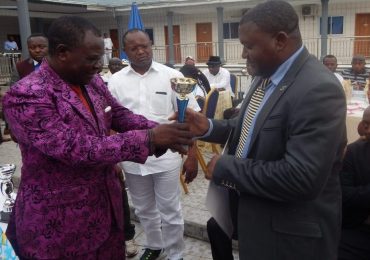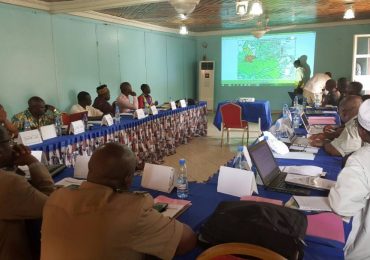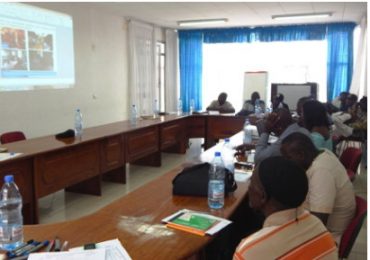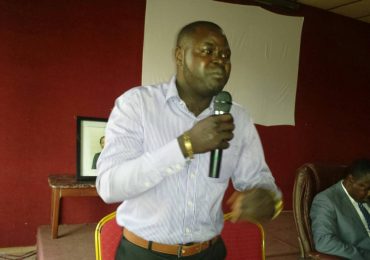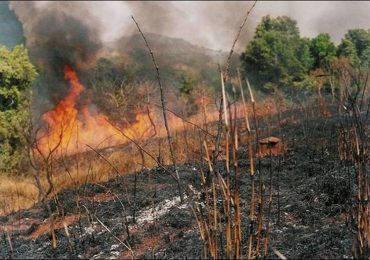A seminar to enlighten citizens on the decentralization laws of 2004 to enable them participate actively in the development of their local governments held recently in Buea, South West Region.
By Bertha Disonge
According to law number 2004/17 of July 2004, decentralization is the driving force for the promotion of good governance, development and democracy at local administration levels. In 2010, therefore, government began transferring powers and competences to regions and local councils to enable citizens participate in the development of their communities.
Many people, however, still do not master the role of the citizen in the decentralization process. It is in this light that the National Platform of Civil Societies in Cameroon (PLANSCOM) assembled a cross-section of civil society actors in the South West to further educate them on the decentralization laws.
“The workshop was organised to get citizens to understand decentralization laws and to also actively take part in supporting the councils’ development initiatives because some of our citizens do not understand the roles of the councils. It is hoped that those who participated at this workshop will facilitate the understanding of the local citizen of decentralization laws vis-a-vis the role of the councils,” said Dominic Ngwesse, one of the facilitators of the workshop.
At the close of the seminar, the 3rd Deputy Mayor of Buea, Musoko Edward, explained to youths how they can fully participate in the management of local councils by seeking orientation, taking leadership courses and volunteering to gain working experience.
Said the Deputy Mayor, “the decentralization process is very important to the municipal authorities following the transfer of competences from the central government to councils and some of the ministries like Health, Basic Education, Agriculture… so it is the responsibility of the council to make the impact of decentralization be felt at the grassroots.”
A committee was voted to monitor the implementation of the decentralization scheme at the Buea Council and also to ensure that the representatives of the people are accountable to meet their needs such as security, law enforcement and order, education, health and the use of natural resources, to name just a few.



